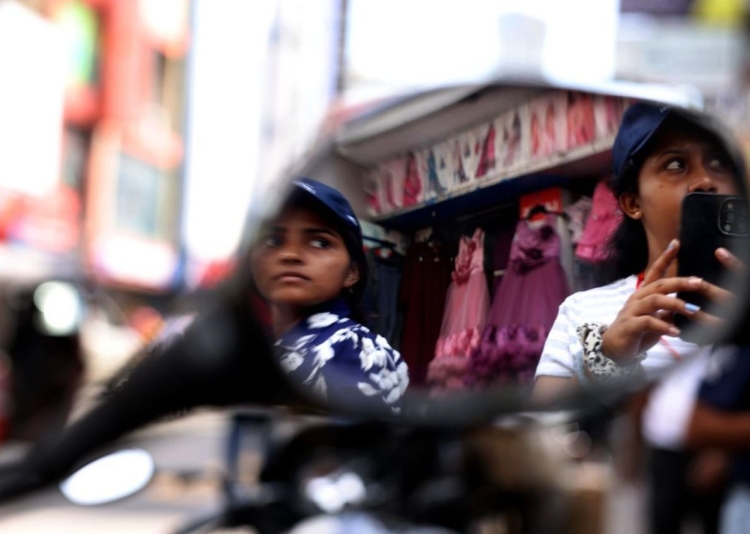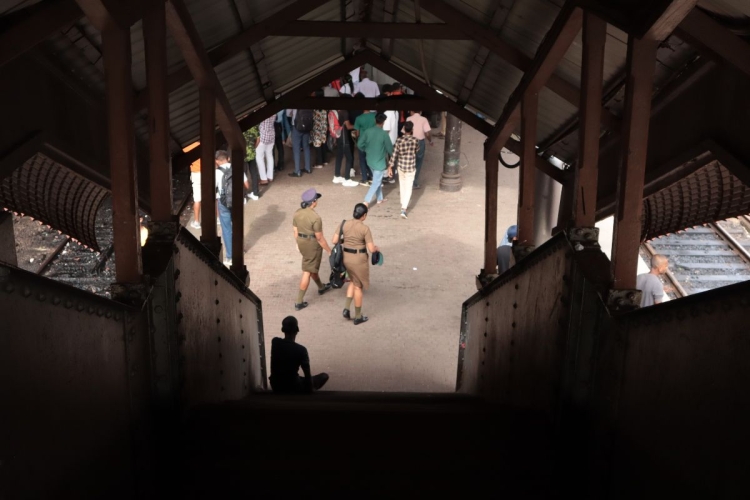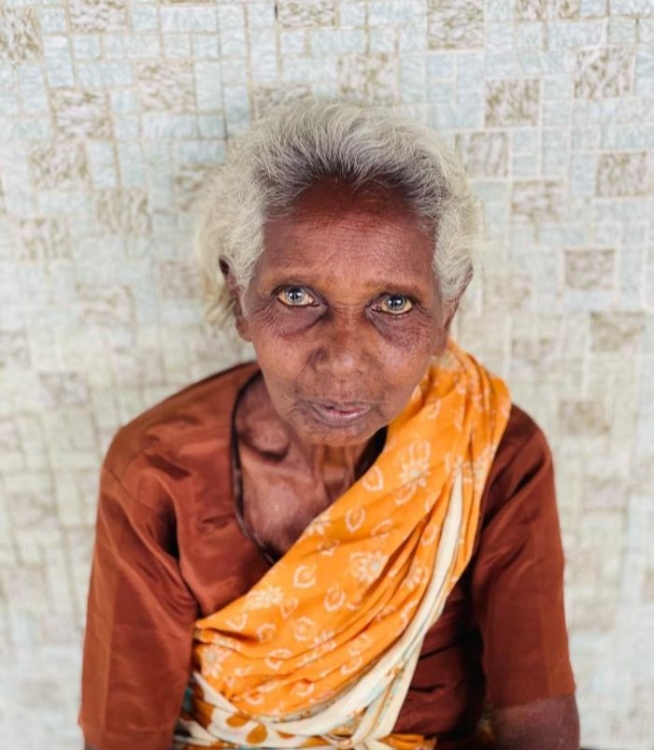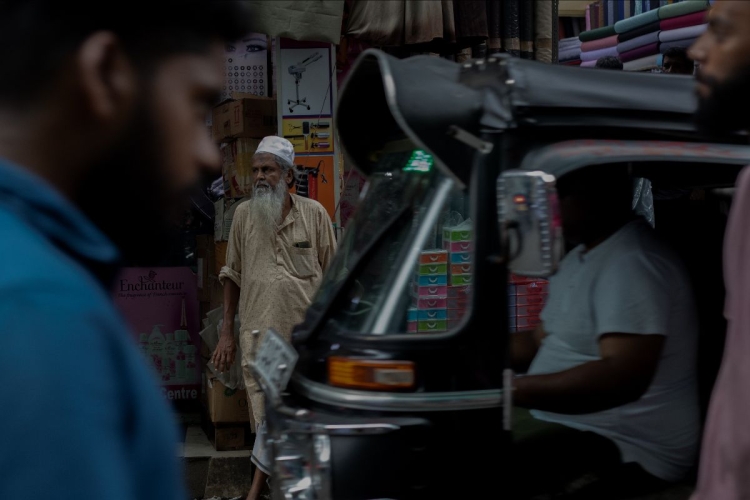On a recent morning, in the heart of Sri Lanka's capital, about two dozen women journalists discussed ethics in photojournalism – the decision to photograph certain scenes of violence and tragedy, and how to do so with care.
The lecture on ethics that day and the discussion that followed was edifying. It was an important reminder, too, of the importance of creating spaces like that one, for journalists to connect and learn.

Both this training for professional journalists and another one – for nearly 60 women university students – were led by Jessica Rinaldi, a Pulitzer Prize-winning photographer at The Boston Globe. They were part of a larger, five-year initiative run by ICFJ and SLPI with support from the U.S. Embassy in Colombo to advance investigative journalism in Sri Lanka.
I had the opportunity to attend the training with my colleague from ICFJ. In a country with few women photojournalists, participants hit the streets every afternoon to practice what they learned. It was fantastic to see them – some with professional cameras, but most using their smartphones – fan out in the famous Pettah Market and later, at a train station, to capture the scenes through their lenses.

One student journalist found the workshop so valuable she later organized a similar training for her peers, not only talking through Rinaldi's slides but escorting classmates to the field to shoot. Another said: "In this space I found people who are around my age, who are just like me. It felt really good to empower each other."

Reflecting on the training, Rinaldi said she did not initially comprehend how unique it was.
"There was a point where the women who were taking part in the professional training session started talking about the issues that they deal with inside their male-dominated newsrooms on a daily basis," said Rinaldi, who also shared about the discrimination she faced early in her career.
"That really made me understand what a rare and incredible opportunity it was for them just to be together in a space where they could feel comfortable enough to voice those frustrations to one another."

For me, the journalists' talent and their commitment to their profession really came through. Sri Lanka just held presidential elections and is recovering from a devastating economic crisis. Talking with the participants brought into focus the challenges they face as journalists and women, but also, just how much their work matters.
Check out their photos, and read more about our initiative.